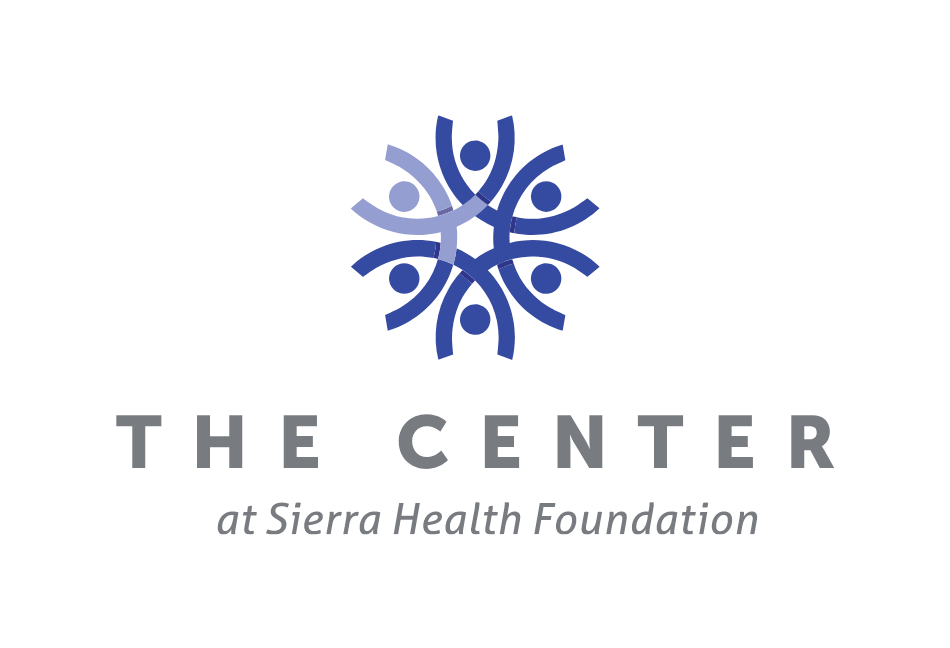Attempting to balance a hefty deficit, California’s 2024 budget process involved many shortcomings and triumphs. Among these was one especially promising investment: the Family Urgent Response System (FURS). Leveraging a hotline and cross-regional coordination, FURS gives foster youth and caregivers 24/7, trauma-informed care focused on healing their relationships and reducing instability.
California has over 52,000 children in its foster care system, with disproportionate numbers of Black, Indigenous and Latinx children. Many of them experience frequent placement changes (removal to another foster home) which lead to poorer educational outcomes, higher rates of interaction with the justice system and increased behavioral and mental health issues. These common child welfare and probation practices do more harm than good, causing system-involved youth to be disproportionately unemployed, homeless, mentally ill or incarcerated when they reach adulthood.
That’s why we need FURS. Research shows that children need consistency, predictability and attachment to a caring adult to thrive. FURS is an early intervention that de-escalates and resolves conflicts and preserves family stability, guarding children from further trauma, hospitalizations and encounters with law enforcement. This approach increases a foster child’s chances of permanent home placement, safety and well-being.
Chet P. Hewitt, founding CEO of The Center and president and CEO of Sierra Health Foundation, formerly led child welfare efforts in Alameda County. “I saw firsthand how conventional, heavy-handed interventions removed children from loving, stable spaces instead of addressing underlying issues,” he said. “I’m proud to have championed more human-centered alternatives, like formalizing mobile interventions and normalizing support for families. We didn’t yet have resources like FURS but we knew that there is no replacement for family, and our child welfare efforts should protect and strengthen families whenever possible. FURS is a shining example of that.”
As an organization focused on health equity, we know that disparities persist in the type and quality of services received across different counties. By mandating FURS implementation in every county, the State is declaring that all foster youth and families, regardless of geographic location or socioeconomic status, should receive the care they need. FURS embodies a shared responsibility between state, regional and local authorities to respond effectively and equitably to families in crisis.
Public policies are not panaceas, but interventions like FURS have a powerful capacity for healing. Thanks to tireless advocacy from organizations like Children Now, FURS funding has been renewed—meaning thousands of system-involved youth have continued opportunities for stable lives, meaningful relationships and healthy futures. Learn more about FURS here and our work for healthy youth development here.

